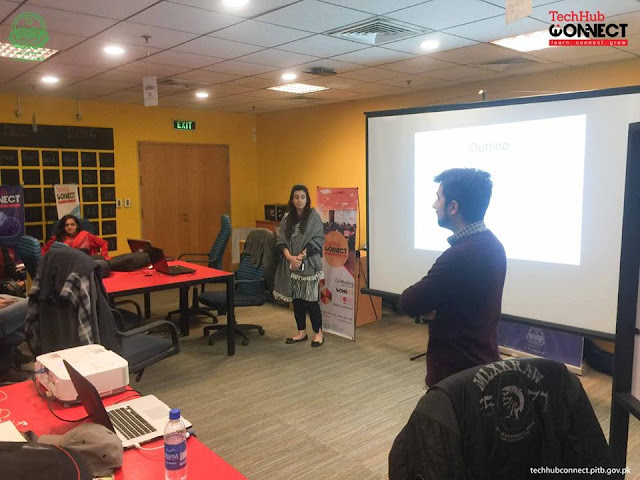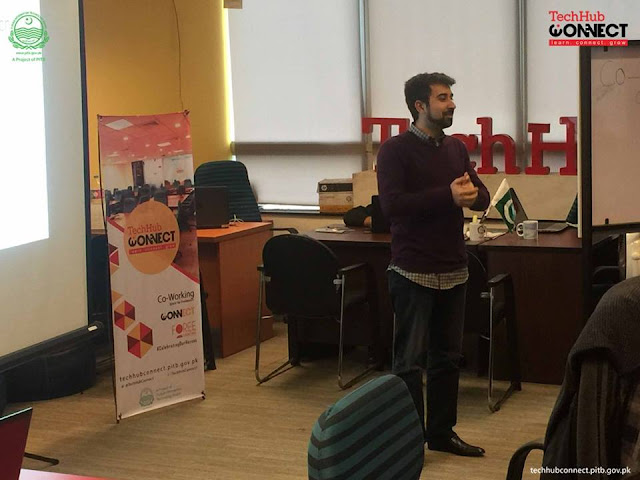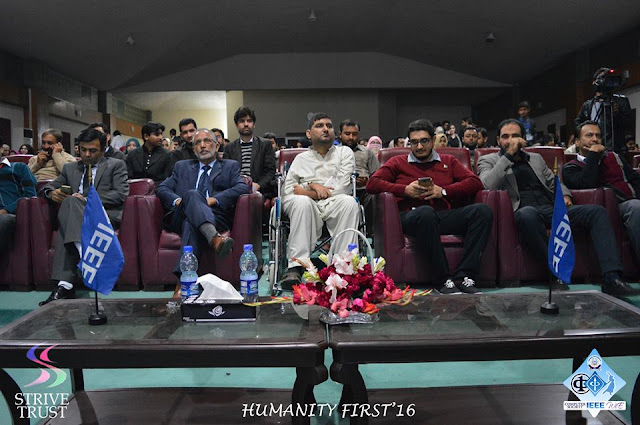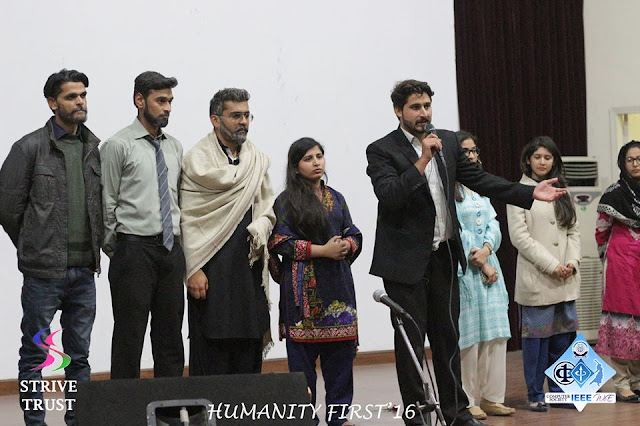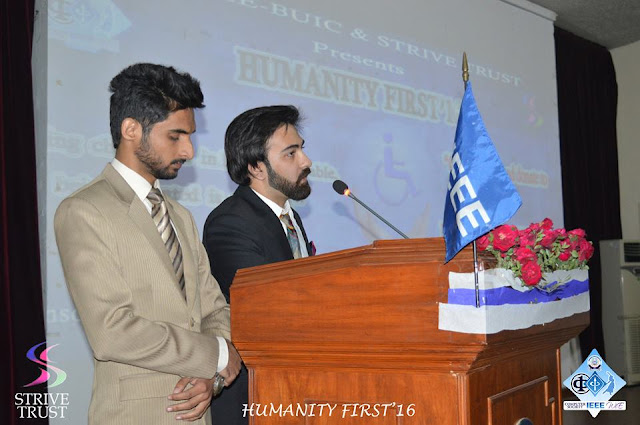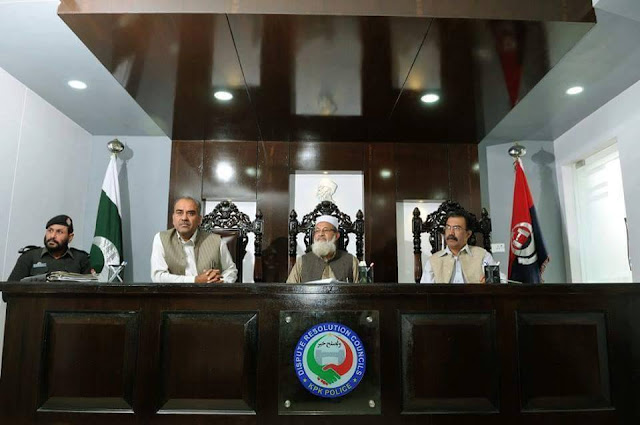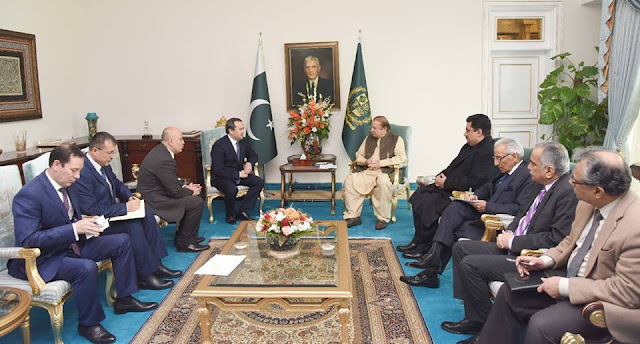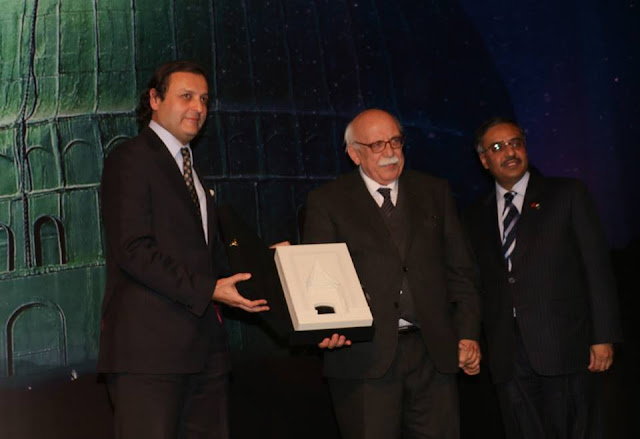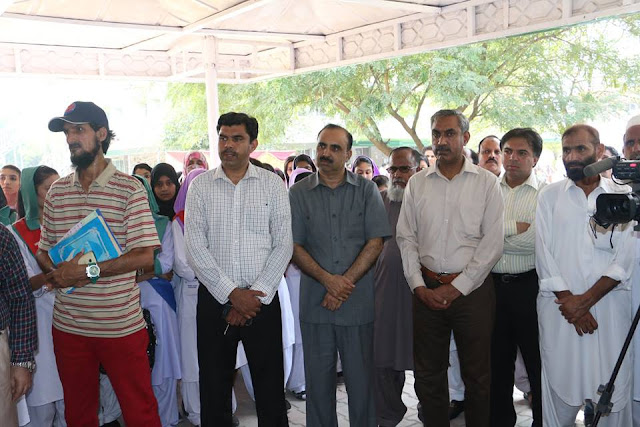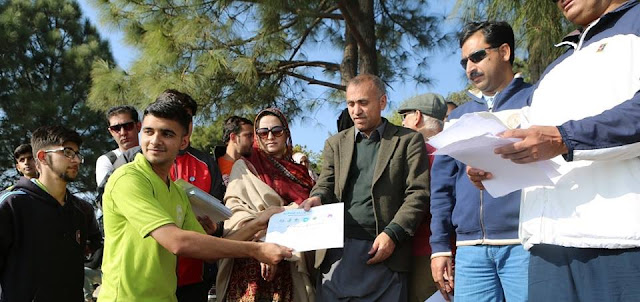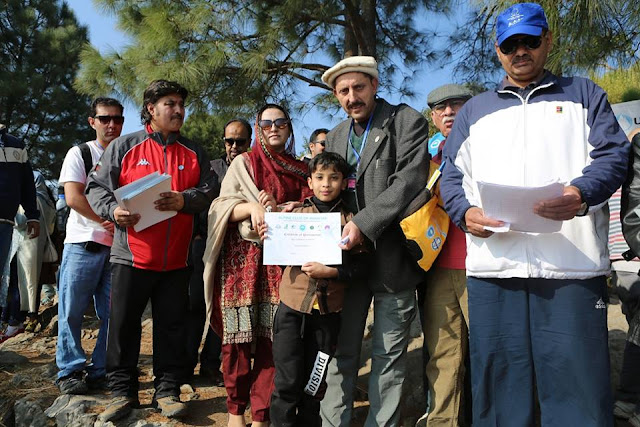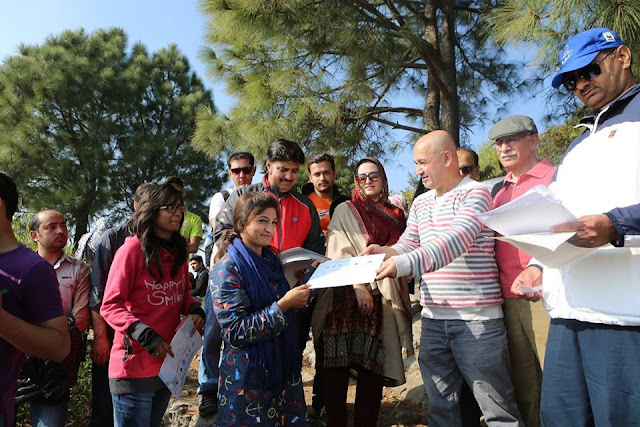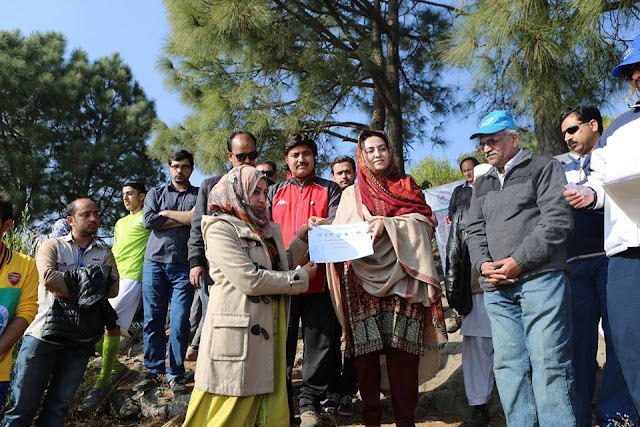The Karakoram Highway (KKH) is one of the highest paved international
roads in the world.It connects the Xinjiang Uyghur Autonomous Region of
China and Gilgit–Baltistan of Pakistan across the Karakoram mountain
range, through the Khunjerab Pass, located at 36°51′00″N 75°25′40″E, at
an elevation of 4,693 metres (15,397 ft).
Connecting China's Xinjiang region with Gilgit–Baltistan region of Pakistan, the road is a popular tourist attraction. Due to its high elevation and the difficult conditions in which it was constructed, it is referred to as the Eighth Wonder of the World.
The Karakoram Highway is known informally as the KKH; within Pakistan it is known officially as the N-35, while within China, it is known officially as China National Highway 314 (G314). It is also a part of the Asian Highway AH4.
Connecting China's Xinjiang region with Gilgit–Baltistan region of Pakistan, the road is a popular tourist attraction. Due to its high elevation and the difficult conditions in which it was constructed, it is referred to as the Eighth Wonder of the World.
The Karakoram Highway is known informally as the KKH; within Pakistan it is known officially as the N-35, while within China, it is known officially as China National Highway 314 (G314). It is also a part of the Asian Highway AH4.



